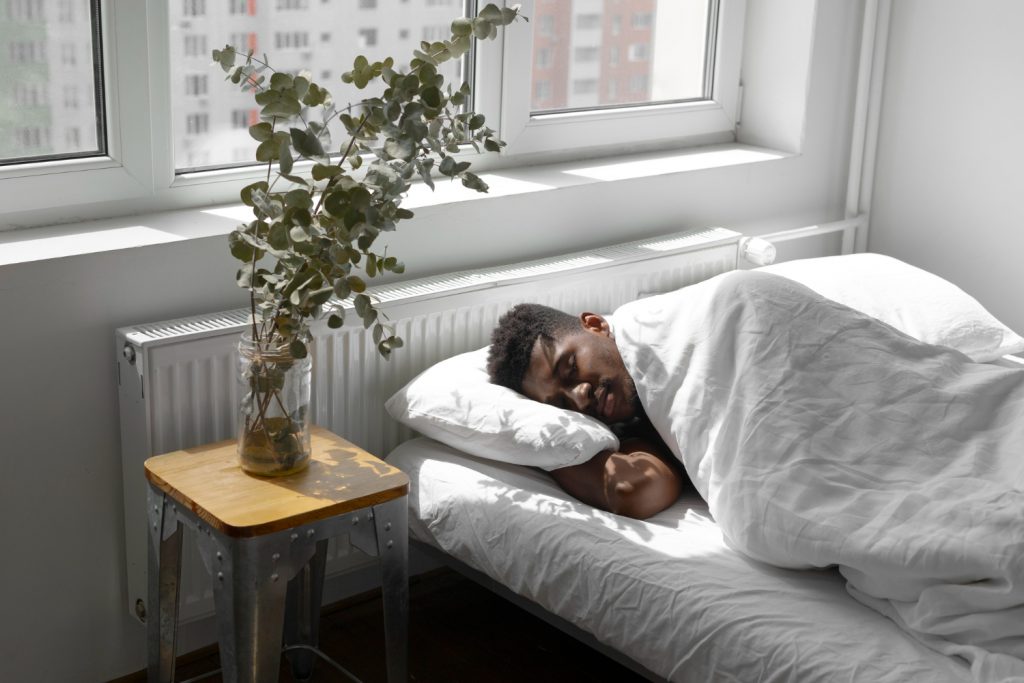Sleeping positions and how they affect your health
When you fluff up your pillow, grab your blanket, and prepare to sleep, you might not realize that your nighttime sleeping positions can affect your health. Whether you prefer abdominal, back, side, or fetal positions, the way you curl up in bed can affect everything from your breathing, neck and back pain, and blood circulation.
Here are the pros and cons of some of our favorite sleeping positions according to the National Sleep Foundation:
Back:
Lying on your back and adopting a neutral body position generally places minimal pressure on the head, neck, and spine. But studies show a link between back sleepers and snoring, so if that’s something you’re prone to, try turning on your side. Also, sleeping on your back is not a good option if you suffer from sleep apnea, as your tongue can fall back, compressing the airways.
Sideways:
Sleeping on your side is the most common position among adults. If you snore or suffer from sleep apnea, this may be the best option for you. However, because your face is pushed toward the pillow, sleeping on your side can lead to wrinkles. It can also cause shoulder pain. Moving from side to side throughout the night can help avoid putting too much pressure on one side of the body. This means that there is no one best side to sleep on.
Fetal position:
The fetal position helps improve circulation and is a good bet for those who snore or are pregnant. However, make sure you don’t bend too much when sinking, as this can lead to breathing difficulties or morning pain if you have arthritis.
Stomach:
Sleeping on your stomach can be difficult. It may require more energy for the body to breathe than in other positions. Some people may experience neck pain or tingle in the joints and muscles due to poor circulation. To avoid putting pressure on the spine, place a pillow under your pelvis to maintain a neutral lumbar position.
Changing your default sleeping position is not an easy task. You can help optimize your night’s rest by supporting your head and neck with pillows designed for your ideal position.
Regardless of your sleep position, getting enough rest is important for all aspects of your health. Hours of sleep allow our bodies and minds to recharge.
Sleep plays an important role in our physical health. It also allows our body and mind to recharge so you can wake up rested and alert. It’s important to remember that lack of sleep is associated with an increased risk of heart disease, kidney disease, high blood pressure, diabetes, stroke, and depression. Talk to a doctor if you’re struggling with sleep.

